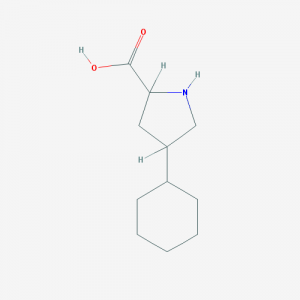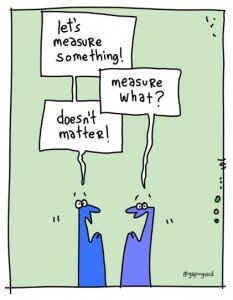Raffaella Ravinetto, a supporter of the MoreTrials campaign and a co-signatory of our recent letter to the ICH and EMA, recently featured in Knack.be, the online version of a Belgian news magazine.
Trials that matter: One reason why most people now live after a heart-attack
This is streptokinase. It was first isolated from bacteria in the 1930s and in the lab was shown to breakdown blood clots (by converting plasminogen to plasmin). When a purified version became available in the 1950s there was great interest to find out if it might increase survival if given after a person had suffered a heart-attack. This resulted in the first randomised trials being undertaken at the end of the 1950s, so what did they show? If streptokinase was given after a person had a heart-attack was survival increased?
Fundamental Problems with ICH-GCP: #1 Things that don’t really matter – collecting “high-quality” data
One thing that ICH-GCP emphasises is collecting “high-quality” data. It then goes on to spell out the considerable efforts that are required to achieve this focusing on having complete data and having that data verified against the patient’s medical notes. This is usually done by the trial sponsor sending a trained person called a monitor (aka CRA, Clinical Research Associate) to the site, say a hospital, to track down the missing data and to compare the data collected in the trial with the original data recorded in the patient’s notes. These are done every few months so not surprisingly these monitoring visits are a major cost component of the trial along with all of the other checking of data that is involved. Again, it sounds sensible doesn’t it? But, it’s not.
- « Previous Page
- 1
- …
- 12
- 13
- 14


